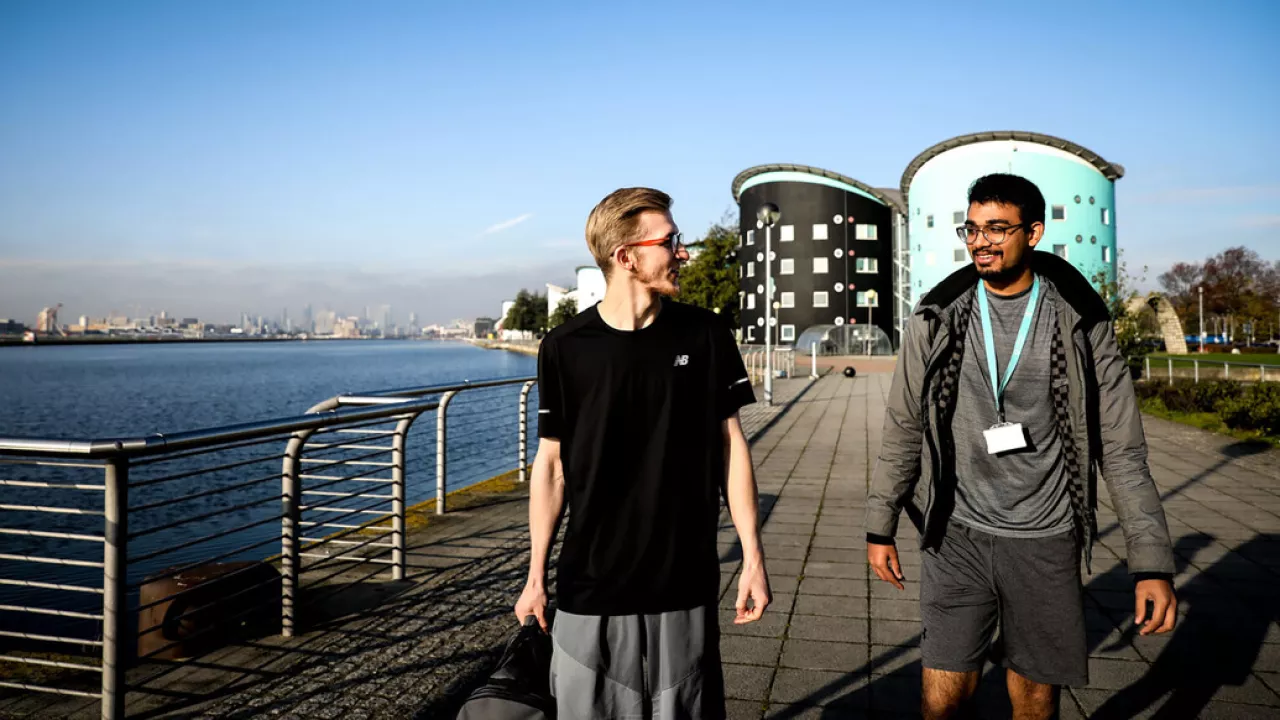Staff profile page search
Skip to search results 



















Refine your results
- Position
- Senior Lecturer 243
- Lecturer 105
- Professor 26
- Associate Professor 16
- Hourly Paid Lecturer 10
- Reader 10
- Principal Lecturer 9
- Director 8
- Emeritus Professor 6
- Head of Department 5
- Lecturer In Adult Nursing 4
- Research Assistant 3
- Research Fellow 3
- Academic Tutor 3
- Dean 3
- Course Leader 2
- Collaborative Partner 2
- Lecturer in Human Resource Management 2
- Programme Director 2
- Research Affiliate 1
- Research Assistant (STAR) 1
- Lecturer In Biomedical Science - Immunology 1
- Senior Lecturer and Deputy Cluster Lead 1
- Deputy Head of Department 1
- Lecturer in Interior Design 1
- Lecturer In Business Analytics 1
- Lecturer in Business Analytics 1
- Senior Midwifery Lecturer 1
- Lecturer In Sustainable Management 1
- Lecturer In Business Management 1
- Visiting Professor 1
- Interim Director of Careers and Enterprise 1
- Lecturer in Podiatry 1
- Professor of Behavioural Neuroscience (part-time) 1
- Lecturer In Business/HRM 1
- Research Visiting Fellow 1
- Professor of Performing Arts 1
- Applied Sport & Exercise Scientist 1
- Lecturer In Public Health 1
- Dean of Health, Sport and Bioscience 1
- Senior Lecturer in Midwifery 1
- Professor of Cultural and Political Theory 1
- Senior Lecturer In International Business 1
- Academic Director for Inclusive Practices 1
- Head of Department for Bioscience 1
- Lecturer E-Sports 1
- Lecturer in Strategy 1
- Programme Director Bsc Counselling 1
- Head Of Department - Innovation And Management 1
- Lecturer in Tourism, Hospitality and Events 1
- Senior Lecturer and Course Leader 1
- Director of Collaborations and Student Experience 1
- Honorary Research Assistant 1
- Senior Research Fellow 1
- Lecturer In Exercise Physiology 1
- Senior Lecturer in Hospitality & Events 1
- Course leader of MA Fine Art 1
- Lecturer in Financial Management (Fintech) 1
- Pro Vice Chancellor, Impact & Innovation 1
- Associate Professor in Organisational Behaviour 1
- Senior Lecturer In Construction Management 1
- Lecturer and Researcher 1
- Lecturer in Human Resources 1
- Lecturer in Sports Therapy 1
- Green Infrastructure Senior Knowledge Exchange Fellow 1
- Senior Lecturer in Adult Nursing 1
- Senior Lecturer (Nursing) 1
- Research Tutor/Lecturer In Psychology 1
- MBA Director and Senior lecturer 1
- Senior Lecturer, Programme Leader for MA Leadership in Education 1
- Emeritus Professor of Racism Studies 1
- Associate Professor in Social Justice Studies 1
- Executive Director of Research 1
- Interim Dean of Research 1
- Postgraduate Student - Research 1
- Primary ITE Senior Lecturer 1
- Lecturer In Aeronautical Engineering 1
- Interim Dean of Office for Institutional Equity 1
- Lecturer in Business Strategy 1
- Reader (Associate Professor) 1
- HPL 1
- Associate Professor in Nursing Associates (inc. Apprenticeships) 1
- Pro-Vice Chancellor Education & Experience 1
- Director of Education & Experience, ACI 1
- Director of Education and Experience 1
- Deputy Head of Department (Innovation and Management) 1
- Provost 1
- Lecturer in Business, Accounting and Finance 1
- Head of Department for Media 1
- Archivist 1
- Lead for the Legal Advice Centre 1
- Research Assistant - EduCom QR ICSD LG 1
- Senior Lecturer In Advanced Clinical Practice - Course Tutor 1
- Senior Lecturer in Leadership and Management 1
- Interim Head of Department of Engineering and Construction 1
- Senior Lecturer in Sport, PE & Development 1
- Research Director 1
- Associate Professor in Sustainability 1
- Lecturer In Financial Management 1
- Lecturer in Events and Leisure Management 1
1 - 20 of 569 search results Sort results by Sort: Limit the number of results to display Limit:
Claudia Brazzale
Senior LecturerSchool of Arts and Creative Industries
- C.Brazzale@uel.ac.uk
- 020 8223 3387
- University Square Stratford


Yang Li
Senior LecturerSchool of Architecture, Computing and Engineering
- Y.Li@uel.ac.uk
- 020 8223 2603




Ali Abbas
Associate ProfessorSchool of Architecture, Computing and Engineering
- a.abbas@uel.ac.uk
- 020 8223 6279




Kalok Lee
Principal LecturerSchool of Architecture, Computing and Engineering
- K.L.C.Lee@uel.ac.uk
- 020 8223 2992



Lisa Wyld
DirectorRoyal Docks School of Business and Law
- l.wyld@uel.ac.uk
- 020 8223 2181
- Docklands campus


Lee Brown
Senior LecturerSchool of Health, Sport and Bioscience
- L.Brown@uel.ac.uk
- 020 8223 2371
- Docklands campus

Ruby Farr
- r.farr@uel.ac.uk
- 020 8223 4530

Zoë Adjey
Senior Lecturer in Hospitality & EventsRoyal Docks School of Business and Law
- Z.Adjey@uel.ac.uk



